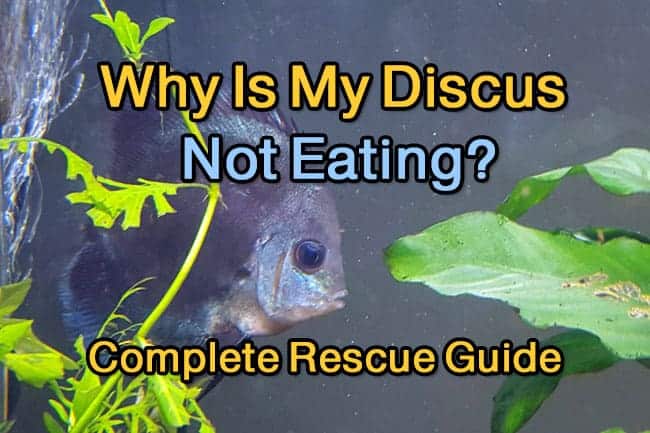This thread follows on from an earlier thread in which some “aquarium” bogwood was bought from a LFS which lead to fish gasping. I use the term aquarium loosely as it was tantamount to dropping some kind of poison in the tank.
Since creating that thread 3 of my smallest juvenile discus have been eating ambivalently. Today none of them are eating any sort of food, even if it crosses them within 1-2 cm. Two of them have gone nearly jet black in colour and have a fast gill rate. These symptoms come and go and so are also ambivalent. There is no gasping from the other fish so this is not an oxygen issue. I have also noticed that all the fish are flashing to some degree though this is not often.
What may I be dealing with here?
Tank parameters
Ammonia: 0 ppm
Nitrite: 0 ppm
Nitrate: 15 ppm
Temp: 28.5 C
Since creating that thread 3 of my smallest juvenile discus have been eating ambivalently. Today none of them are eating any sort of food, even if it crosses them within 1-2 cm. Two of them have gone nearly jet black in colour and have a fast gill rate. These symptoms come and go and so are also ambivalent. There is no gasping from the other fish so this is not an oxygen issue. I have also noticed that all the fish are flashing to some degree though this is not often.
What may I be dealing with here?
Tank parameters
Ammonia: 0 ppm
Nitrite: 0 ppm
Nitrate: 15 ppm
Temp: 28.5 C




